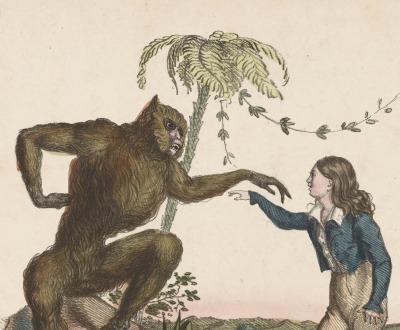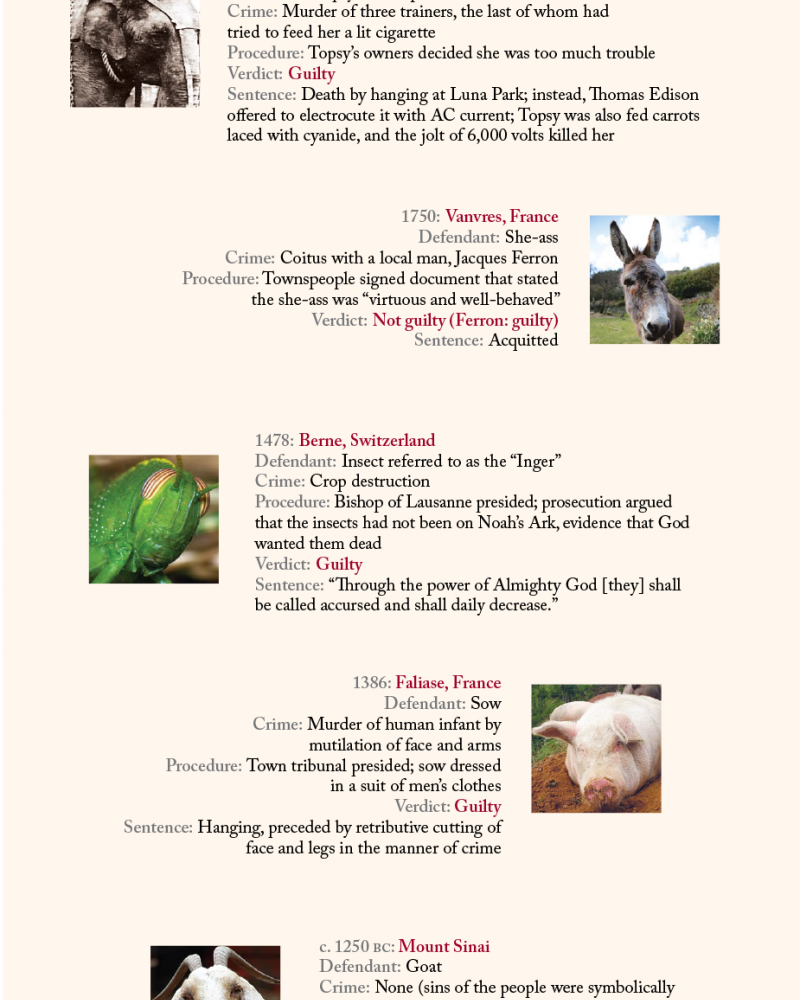Miscellany
A seventeenth-century Jesuit missionary to China once related a story about a Nanjing man who sued a local deity, his case being that the god had accepted his sacrifices but failed to save his ailing daughter and so must be either impotent or malicious. District officials balked but referred the case to the imperial court in Beijing, which ruled against the deity—declaring it officially useless, exiling its cult statue, and ordering its monastery be destroyed.


